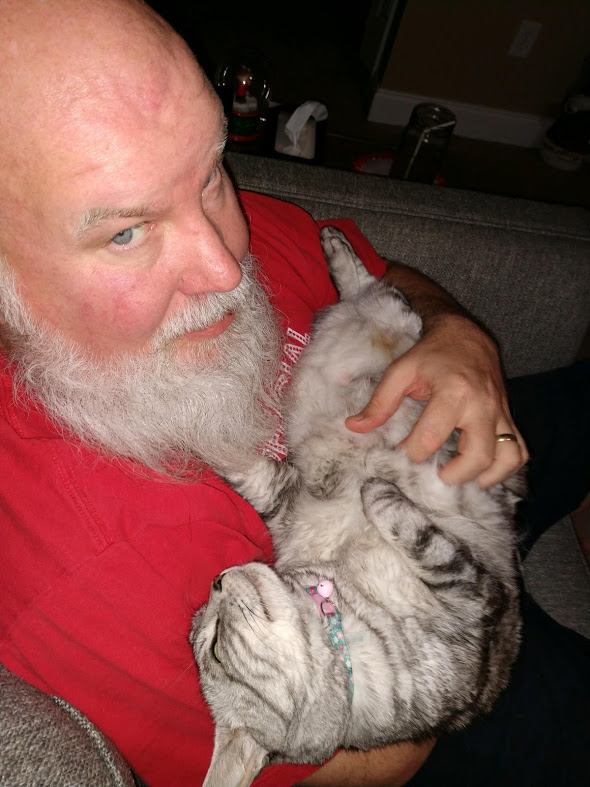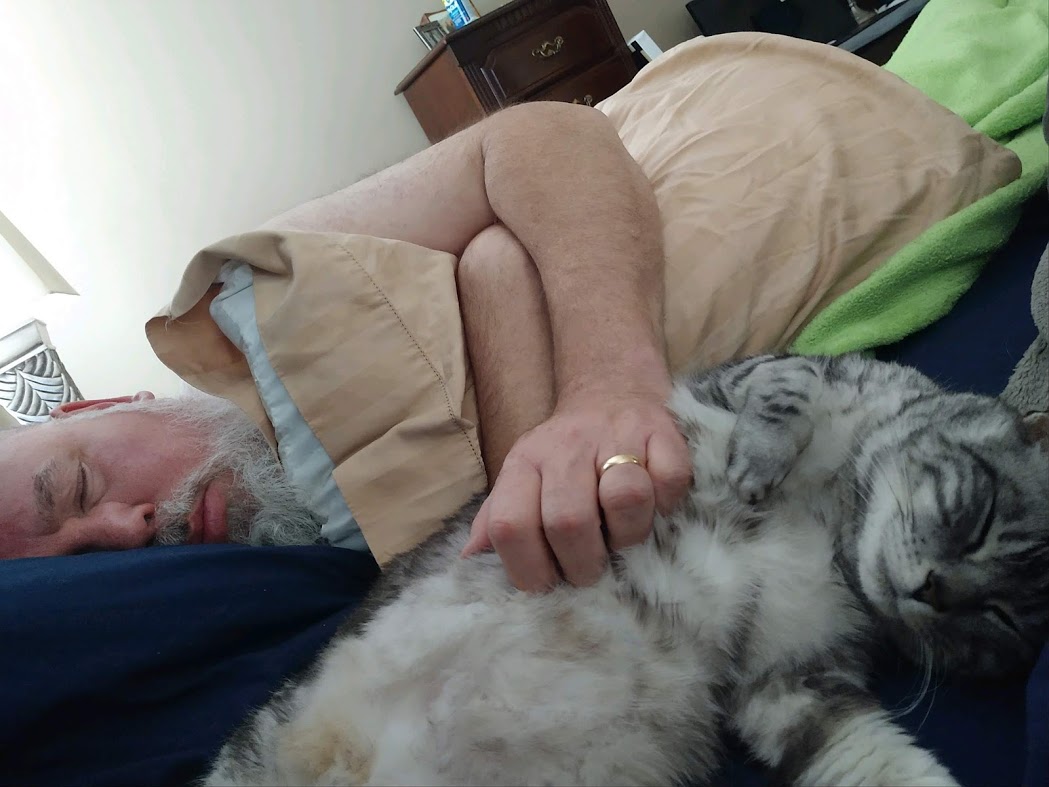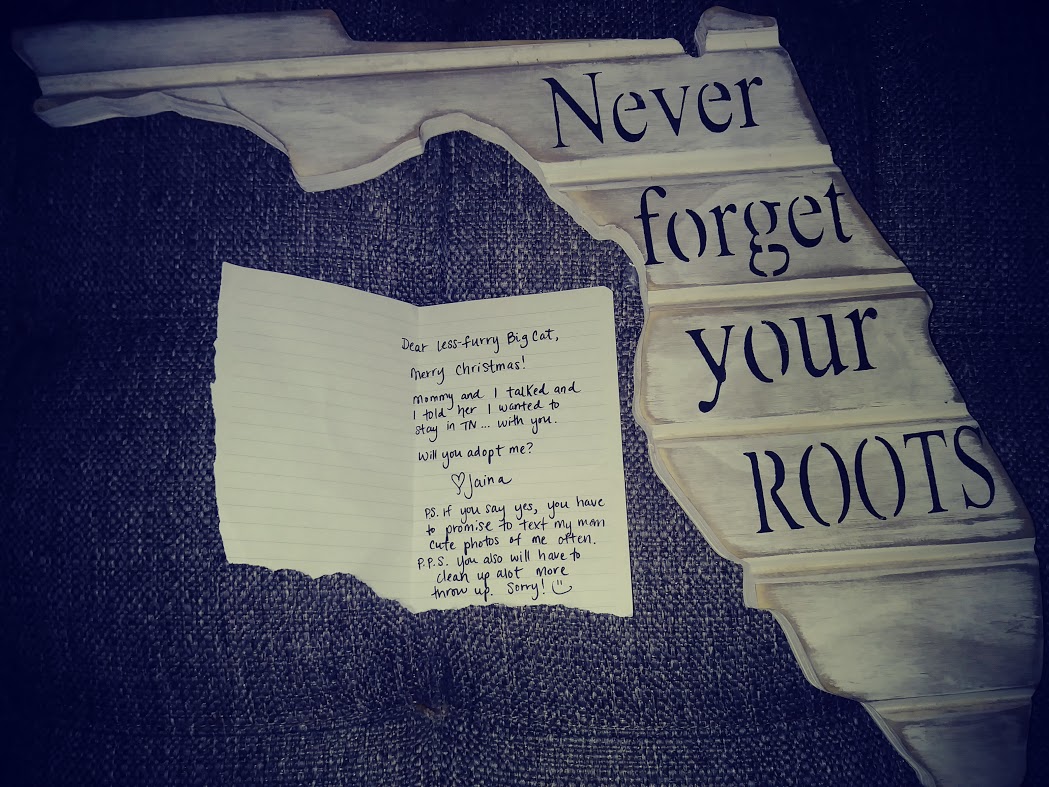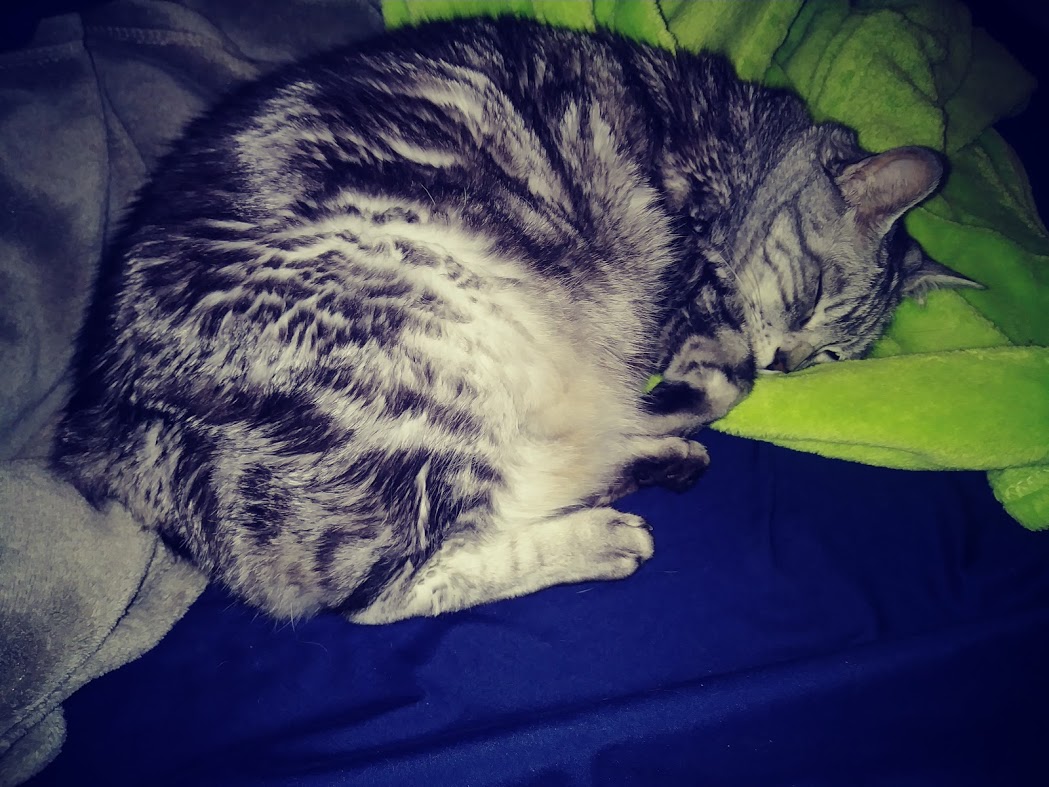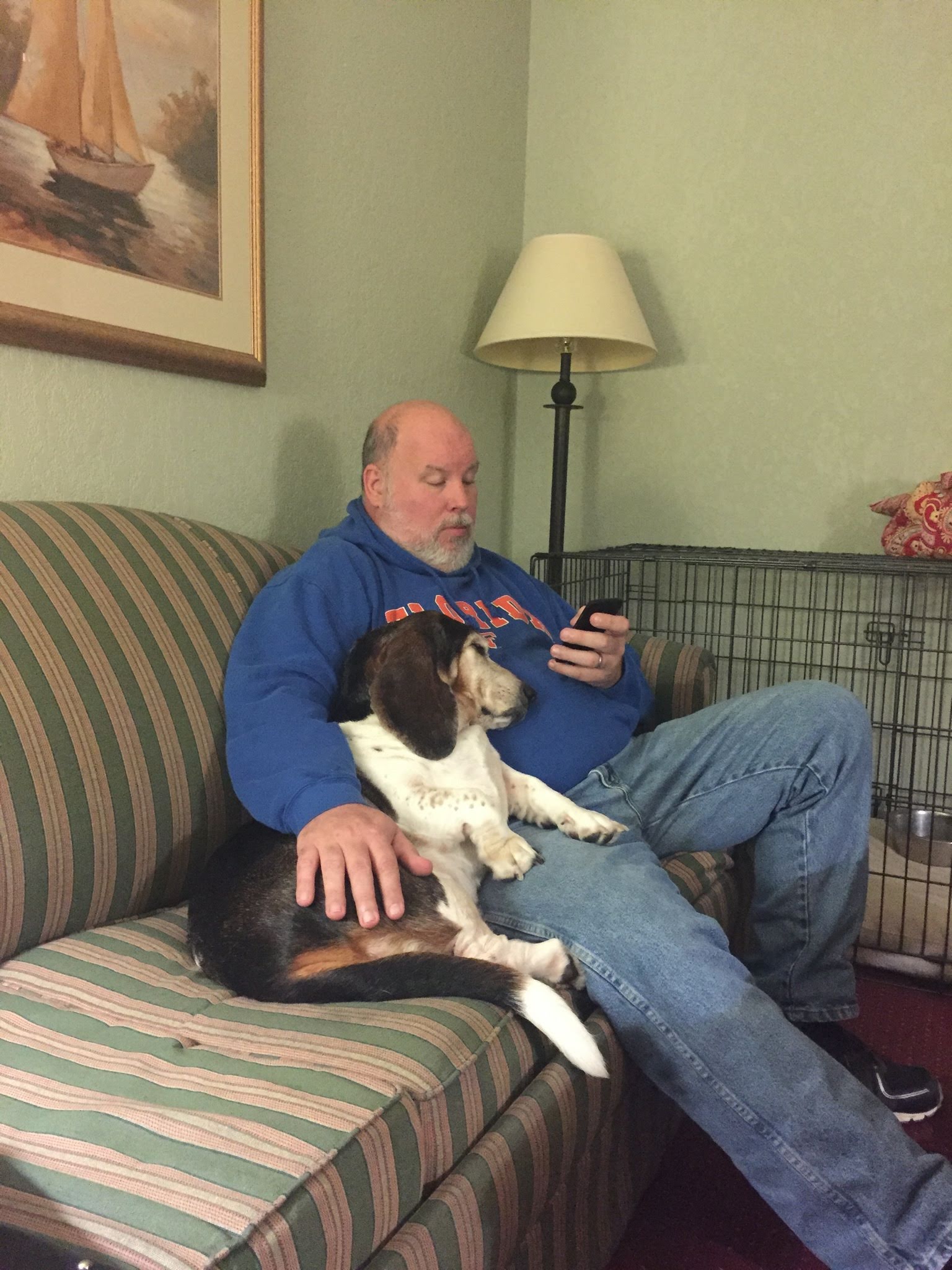Our first home was Melbourne, Florida. It was sleepy little area on the east coast of the state. But it was a stone’s throw away from the Kennedy Space Center. In fact, it was the early space program that had brought my wife’s family to the area.
While we still lived there, we discovered East Tennessee. Early in our child-raising days, we made the decision that the Appalachians was where we would spend our later years.
After considerably hunting, we selected the town of Oak Ridge, Tennessee.
Before we arrived in Oak Ridge, I had a nodding familiarity with the town. I knew it had been one of the multiple sites the U.S. government had used during World War II to develop the first atomic bomb in what was called the Manhattan Project.
Once I arrived in town, I immersed myself in local history organizations and in local discussion groups. And what I felt was disturbing.
From the library to the museums to the schools, there was at least a subliminal – often rising to overt – sense of shame about the town’s role in developing the world’s first atomic weapon that had literally ended the most destructive war in human history.
Of course, I’d understood the origin of this self-righteous guilt was buried among the scientists of the Manhattan Project itself.
Leo Szilard, Oppenheimer’s senior partner, was paradoxically the man who, along with Albert Einstein, wrote the famous letter to President Franklin Roosevelt that ultimately initiated the Manhattan Project . . . AND Szilard also organized and submitted a petition to the U. S. government – signed by 70 Manhattan Project scientists (almost ALL of whom were working out of Oak Ridge) – recommending restrained use or even NOT using the atomic bomb on Japan to end the war.
As I learned more of the historic and embedded nature of Oak Ridge’s self-righteously arrogant collective guilt, I came to recognize its inherent connection to communism. While the enemies that caused the Manhattan Project’s initiation were fascists, it was communists living in the free Western world who were called upon to do the work.
It was Oppenheimer’s familiarity and apparent comfort with these “fellow travellers” that proved to be his undoing.
In the film, director and screenwriter Christopher Nolan portrays Oppenheimer’s eventual blackballing as a martyrdom orchestrated by Admiral Lewis Strauss (not coincidentally, a lifelong Republican), rather than the fully justifiable result of Oppenheimer’s own naivete / hubris / arrogance / blindness / social ineptitude. Choose all that apply.
Nolan is blatantly political in the painting of his characters. He portrays Ernest Lawrence (inaccurately) as an ideological opponent of Oppenheimer. While Lawrence did assist the Eisenhower administration in later nuclear research and negotiations, he largely opposed Cold War nuclear development and publicly stated such on more than one occasion.
A more puerile issue that has developed around “Oppenheimer” is the sex scenes.
Like many of the facets of the Manhattan Project under Oppenheimer’s sphere of responsibility, it was no secret that the man himself was a womanizer who engaged in multiple sexual affairs before and during his marriage. The more prolonged of these affairs was with a woman named Jeanne Tatlock, a psychiatrist and communist exceptionally portrayed by Florence Pugh.
Because the sex scenes were adequately telegraphed in the film – and because I was seated between two women whom I did not know, nor do I believe knew one another – I afforded myself permission to avert my attention (judging from the audible responses, the rest of the theater did not share my qualms).
Because I did not see them, I cannot comment on the sex scenes beyond saying that their inclusion and immediate impact to the story appeared relevant to assessing Oppenheimer’s character.
Christopher Nolan is a very technically talented filmmaker. He is also, like most entertainment industry power brokers, an idealogue. His use (misuse?) of this film to further a pro-leftist, anti-conservative narrative comes as no surprise to me . . . nor should it surprise anyone who pays even nodding attention to such things.
There are multiple magnificent acting performances in “Oppenheimer,” not the least of which is Cillian Murphy as the title character. Capturing the great physicist’s arrogance and self-loathing would have been a challenge for any actor. Murphy provides his character with the combination of these things that makes the man seem more of a natural occurrence than he was. The result is that, whether we like him or not, we see J. Robert Oppenheimer as a human being.
Emily Blunt, utilizing Nolan’s script, makes Kitty Oppenheimer admirably gruff – only half of which was true of her in life. And Robert Downey, Jr., again within the bounds of the director’s screenplay, gloriously paints Strauss as the repulsive political animal Nolan desires.
The most accurate and heroic character in the film is portrayed by Matt Damon.
His Gen. Leslie Groves is brilliant, occasionally emotional and unwaveringly committed to the Manhattan Project . . . exactly as the man was in life. Since I have moved to East Tennessee (and even before), I have been persuaded that there are two men who are under-credited for their roles in the program. One of them is Gen. Leslie Groves, whom Damon brings back to life with dignity and strength.
The other man who is given short shrift regarding his role in the Manhattan Project is then-Lt. Col., ultimately Maj. Gen. Sir Kenneth Nichols. He is the most egregious victim of Nolan’s hatchet in this film. The moderate talent of Dane DeHaan takes the brilliant, likable, diplomatic chief planner of Oak Ridge and turns him into a greasy used car salesman who uses the very Atomic Energy Commission that Nichols himself helped create into Christ’s “brood of vipers.” Shameful. Untrue. Wrong.
I’ll let those be my final words on Christopher Nolan’s “Oppenheimer.”








